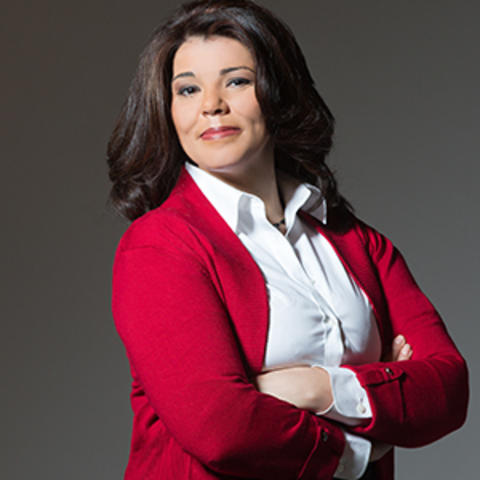Section Branding
Header Content
On Second Thought For Monday, November 14, 2016
Primary Content
Right now, lawyers for Florida and Georgia are in court over a decades-long legal battle over water rights. The U.S. Supreme Court will ultimately decide the case but that won’t mean an end to the fight. However, it could result in a cap on how much water farmers in southwest Georgia can pull from the state’s Flint River. GPB’s Sam Whitehead reports on how some farmers in that community are getting creative with water conservation. Then, Atlanta Journal-Constitution reporter Dan Chapman gives us an update on the fight over water rights.
Kristie Macrakis is on a personal journey in North Georgia. A transplant from Boston and a self-described “pagan agnostic,” she decided one way to learn more about the people who live in her community was to go to church with them. Macrakis calls the project “Six Churches, Six Miles, Six Weeks” and has been writing about the experience on her blog. We talk to her about her spiritual journey. Plus, Macrakis is also an expert in something else which has nothing to do with religion. Host Celeste Headlee tries to uncover what it is in our series, No Notes.
And, in 1999, Georgia Tech student Ryan Gravel designed and pitched the Atlanta Beltline as his master’s thesis. Now an treasured piece of Atlanta culture, the Beltline is also the cause of much controversy. Gravel recently resigned from the Atlanta Beltline Partnership over concerns about affordability and accessibility. He joins us to talk about his plans to help put the Beltline on track with his original vision. Then, we look at whether or not the Beltline is getting too popular. GPB’s Trevor Young brings us a feature which explores the issue of crowds and congestion on the city’s famous trail.


